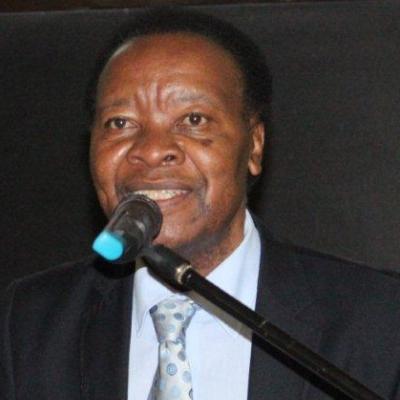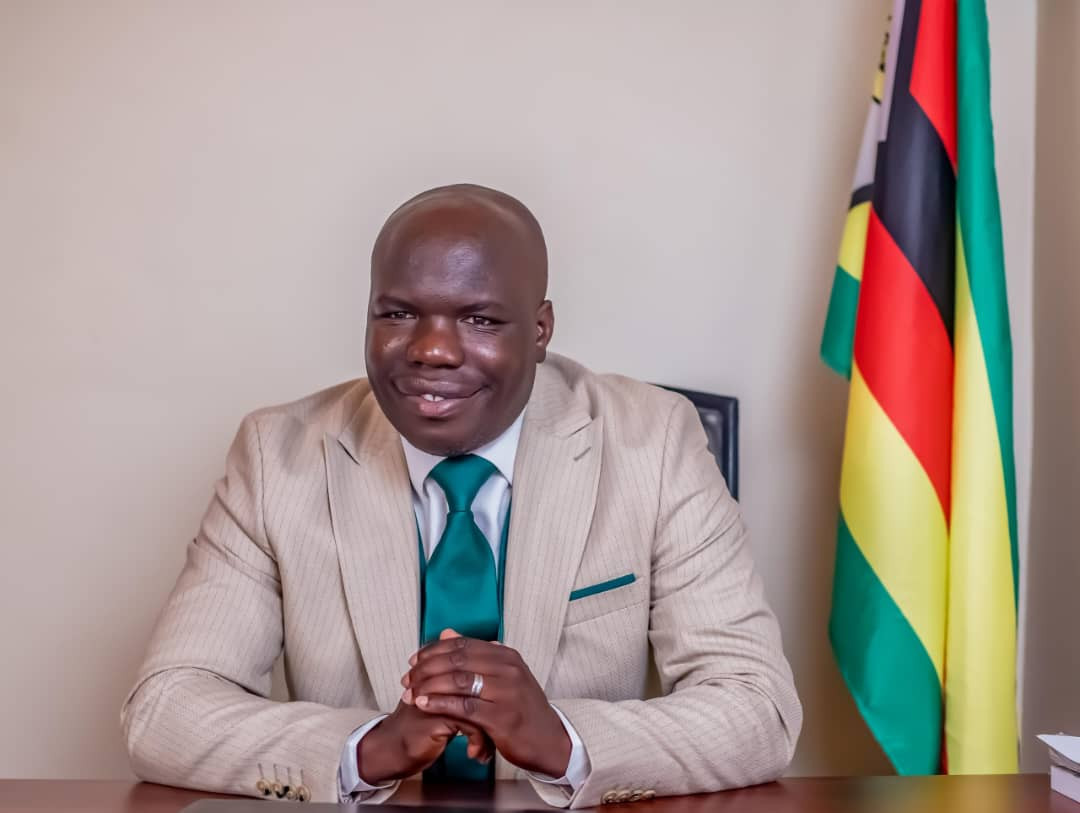
The 100 days of the new dispensation have come and gone. Easter is around the corner. To musicians and other artistes, nothing has changed.
By Fred Zindi
We have been talking about the need for government to get involved in Zimbabwe’s cultural activities from time immemorial. To date, Zimbabwe has still not come up with a policy on culture.
The view that many hold when it comes to the arts is that the government does not care.
Several government ministers I have spoken to in the past 10 years have argued that spending money on arts and artistes is wasteful because there are several other sectors that desperately require government funding. Examples they often give are that millions of people don’t have access to food, health facilities, education, safe drinking water or electricity and that the country’s infrastructure such as roads and buildings need improving.
They argue that meeting these requirements is far more important than protecting the nation’s art forms from extinction. One minister, who spent a lot of time in the United States and who is ignorant of the importance of preserving Zimbabwe’s culture, even said to me: “Do you eat culture? Why do you musicians always ask for assistance from the government? What is it that you guys have done to help your country?”
I take it he borrowed this type of thinking from JF Kennedy’s philosophy when he stated in his 1963 inaugural address: “And so, my fellow Americans, ask not what your country can do for you — ask what you can do for your country.”
Indeed a lot of musicians have done a lot for their country. They have raised the country’s flag high. Zimbabwe has been put on the world map by many artistes who include Thomas Mapfumo, Bhundu Boys, Lovemore Majaivana, John Chibadura, Stella Chiweshe, Chioniso Maraire, Oliver Mtukudzi, Mono Mukundu, Jah Prayzah, Winky D, Mokoomba, Tocky Vybes, Dominic Benhura, David Mutasa and Killer T, just to mention a few. These artistes make the tourist trade vibrant.
- Chamisa under fire over US$120K donation
- Mavhunga puts DeMbare into Chibuku quarterfinals
- Pension funds bet on Cabora Bassa oilfields
- Councils defy govt fire tender directive
Keep Reading
Yes, the government does have a responsibility to assist these artistes. The least it can do is to give diplomatic passports to a selected few in recognition of their efforts in marketing Zimbabwe. Why do people like Mtukudzi, who is regarded as Zimbabwe’s tourism ambassador, still have to queue up with members of the public at international airports? He is more popular than some of the ministers who have diplomatic passports and is likely to be mobbed by the public when he stands in those queues.
Why does the government have to wait for world organisations such as Unicef to grant Mtukudzi regional goodwill ambassador status for eastern and southern Africa? Something is not right.
There are many things which the government can do for artistes. Some of these do not cost any money. For instance, there is need for strong legislation to curb piracy. This will go a long way in supporting the earning capacity of musicians and other artistes.
However, the government must realise that artistes and art forms are an integral part of the nation’s cultural heritage. By helping artistes, the government can help protect the cultural legacy of the country. The advent of sport, films and television has considerably affected the popularity of other art forms such as music and dance. It is a known fact that many ethnic art forms are now dying because of the lack of financial support. A little financial assistance is all that it takes to protect these art forms from total extinction.
Five months ago, the then Sport, Arts and Recreation minister Makhosini Hlongwane spoke glowingly about the arts and promised to see an improvement in this sector. He even organised a meeting where he sat down with musicians and made promises at Ambassador Hotel. But with changes in government, that dream was never fulfilled.
Next comes the new Sport, Arts and Recreation minister Kazembe Kazembe, who told a local daily that his ministry was crafting policy intended to assist funding the arts sector. However, that seems like a game of wait-and-see as a lot of artistes feel that Kazembe’s proclamations are premeditated to lure the electorate ahead of the general elections this year.
Many artistes feel that government assistance to artistes is justifiable and should be provided on the same terms as all other basic requirements of its people. As one artiste proclaimed, “We are also part and parcel of those people the government wants to support. So why should the artiste be sidelined? Their look east policy has opened doors for looters to steal Zimbabwe’s wealth and this should be corrected.”
The thrust should be on improving the country’s economy.
Financial assistance does not only fund the consumption of the arts, but also assists the government in job creation. Imagine 1 000 bands of 10 members each. That means 10 000 jobs created at once. Government can come in with the provision of recording studios and creation of profitable functions where these musicians will give performances. It can also assist with putting structures into the Musicians’ Union of Zimbabwe and through protecting the creative industries by putting a stop to the practice of piracy.
I am not sure whether Webster Shamu acted in his capacity as government minister or in his individual capacity, but he did a tremendous job in assisting musicians. We know that he is one of the few people involved with government who assisted musicians a lot by negotiating with Culture Fund to purchase a public address system for the Zimbabwe Union of Musicians, finding housing stands for musicians at Hopley Farm and donating generously towards musicians’ funeral expenses. Credit must be given to him for such benevolence.
In Jamaica, Culture, Gender, Entertainment and Sport minister Olivia Grange last year pointed out the need for government to assist Jamaican musicians.
She put emphasis on the promotion of live music, the improvement of musical talent, working conditions, establishing and maintaining uniform and fair prices for musicians and artistes’ services as well as protecting the interests of all its affiliates.
Grange also pointed out that the ministry would partner with the musicians’ union to build capacity and assist in getting training for its members. The entertainment registry and an insurance plan for the industry were also among the matters she discussed.
Previously the government of Michael Manley had provided musical equipment and recording studios to upcoming musicians in order to promote Jamaican talent. We see this talent permeating the whole world today.
It is a well-known fact that a single artiste, Bob Marley, left behind some $46 million. Imagine 1 000 artistes in Zimbabwe doing the same. They would leave behind close to half a billion dollars. You can also imagine how the Zimbabwean economy would benefit.
Government should therefore get busy by realising that, through assisting artistes, it is able to harness whatever revenue it can to assist the economic growth of the country..
In the Indian state of Bhubaneshwar, the Odisha government last year announced through its Culture minister A C Panda, an artistes’ assistance scheme called the “Mukshyamantri Kalakar Sahayata Jojana” under which 50 000 artistes from across the state get a monthly assistance of Rs1 200 (rupees) each where male artistes on reaching the age of 50 years, automatically qualify for support, while female artistes receive support from the age of 40 years.
Describing the state government’s decision in this regard as “historic”, the minister said the artistes had for a long time been instrumental in keeping culture and heritage intact.
If the Zimbabwean government did the same, that would also be “historic”.
It does look like government needs to come up with a holistic cultural policy which includes the assistance it can give to artistes, which in turn will help the whole country.
Some artistes such as Mtukudzi, who have received no financial resources from government, have gone out of their way to do it on their own, hence the building of the multi-million-dollar complex known as Pakare Paye Arts Centre which is assisting upcoming artistes, a responsibility which, in my view, should be government’s.
As one observer put it, “The artiste will have to build his own government, industry and culture if those whose responsibility it is to do so forego their duties. That is the only way the world will take the artiste seriously.” Indeed as artistes, there is need to canonise our own saints, create our own martyrs and elevate to positions of fame and honour, men and women who have made their distinct contributions to the world of art.
Those with ideas have no power, but those with power have no ideas.
l Feedback: [email protected]











